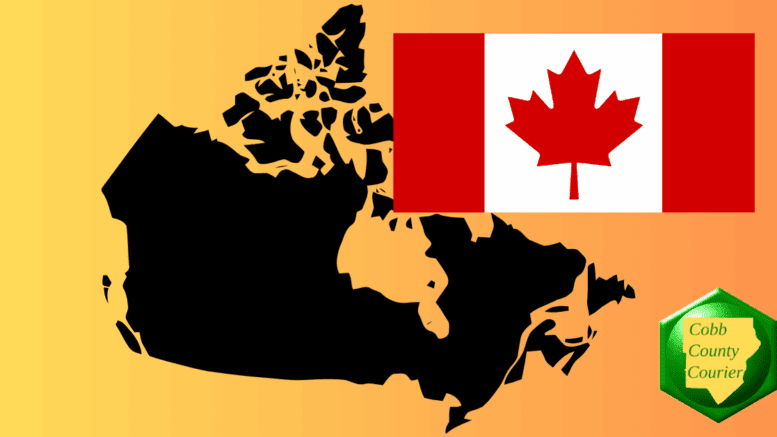By John A. Tures, Professor of Political Science, LaGrange College
From a 25-point deficit to the cusp of a possible majority in parliament, the Liberal Party of Canada pulled off an amazing turnaround that the Democrats only wish they could have done last year. But there are lessons for Americans, both for the Democratic Party and the Republican Party.
Lesson 1: Populism Isn’t As Popular As People Think
Republicans did a lot of bragging after their razor-thin margin of victory last year. They continue to hype how many voted for them to justify a flurry of executive orders that the GOP in Congress during the Clinton and Obama years would have never tolerated. Or they hype such numbers to attack the nation’s judiciary, where GOP-nominated and Democratic-nominated judges have been unified in ruling aggressive power grabs by the Executive Branch, the very kind our Found Fathers warned us against.
There are some in the Democratic Party who feel the need to copy some of Trump’s moves, like California Governor Gavin Newsom and Pennsylvania Senator John Fetterman. The 2025 Canadian Election, and falling Trump numbers (evident to CNN and Rasmussen Reports alike) show the folly of that. Mark Carney did not win by borrowing from Trump, but Conservative Party leader Pierre Poilievre met his Waterloo, losing his 25 point lead, and even his seat in parliament, by aping Trump. Guess going “Canada First!” and “anti-woke” and against the “global elite wasn’t so great.
Trump pointed to that 25-point lead as to evidence of how popular he was. Now we know that the U.S. President is disliked by all sides. As one Canadian pundit quipped online “Trump is more popular in California and Massachusetts than in Canada.
Lesson 2: Long Resumes Aren’t Necessary
Mark Carney, the leader of the Liberal Party, had never run for office before. Poilievre was a veteran politician. Guess who lost his seat. Democrats should keep that in mind when considering AOCs and Raphael Warnocks and Jon Ossoffs for candidates, not aged veterans of the Hillary Clinton and Joe Biden mold. Liberals hanging on to Justin Trudeau would have suffered the same fate.
As for Republicans, when envisioning a post-Trump Party, some new blood in the G.O.P. might be best, not one necessarily associated with kowtowing toward Trump.
Lesson 3: Trump’s Foreign Policy Is In Trouble
Britain, France, Germany, and now Canada, have all rejected candidates who support Vladimir Putin’s agenda of Russia’s rebuild of the Soviet Union, as well as neo-isolationists who would let him do it by sticking their heads in the sand, with “<Insert Country Here> First!” slogans.
With 69% of Republican voters supporting Ukraine, Trump needs to stop his pro-Putin votes in the U.N., as well as secret meetings with the Russian leader that freeze out Ukraine. Americans, as well as North American, European, and East Asian allies are wary of any U.S. leader who supports a country backed by North Korean and Chinese troops. It’s clear that a trade of Crimea for NATO membership is the only way to guarantee peace, Ukrainian sovereignty, and give Russia a way out of their humiliating botched invasion.
Of course, it’s easy to dismiss the 2025 Canadian election as an aberration, as Trump seems to be doing. But countries don’t have more than 25 percentage-point swings in polls in that short of time unless voters are rejecting something, not just accepting something new.
John A. Tures is a professor of political science at LaGrange College in LaGrange, Georgia. His views are his own, and do not speak for LaGrange College faculty, students, staff or administration. He can be reached at jtures@lagrange.edu. His Twitter account is JohnTures2.
